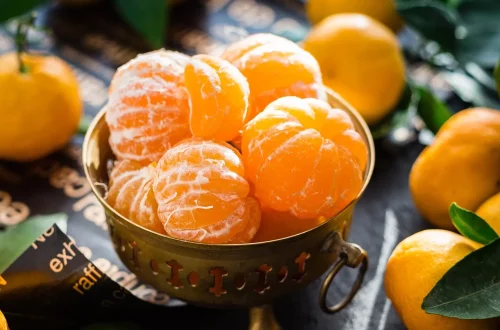-
Does Diatomaceous Earth Effectively Kill Ticks in Your Yard?
Diatomaceous earth (DE) has gained popularity as a natural pest control option in recent years, especially among homeowners looking to maintain a healthy yard. This fine powder, made from the fossilized remains of tiny aquatic organisms called diatoms, is often hailed for its effectiveness against various pests. Among these pests are ticks, which can pose significant health risks to both humans and pets. With increasing awareness of tick-borne diseases, many property owners are searching for safe and eco-friendly ways to manage tick populations in their outdoor spaces. The appeal of diatomaceous earth lies in its natural composition and the belief that it can effectively disrupt the life cycle of ticks…
-
Does Cold Weather Kill Fleas or Just Delay Their Return?
As the days grow shorter and temperatures dip, many pet owners find themselves questioning the impact of cold weather on fleas. These tiny, resilient pests can cause significant discomfort for pets and their owners alike. Understanding the lifecycle of fleas and how seasonal changes affect their behavior is crucial for effective pest control. The common belief is that frost and freezing temperatures will eliminate fleas, but the reality is more nuanced. Fleas thrive in warm, humid environments, making their life cycle efficient in spring and summer. However, as cold weather sets in, their activity levels may decrease, leading many to assume that they are gone for good. This misconception can…
-
Do Little Black Ants Bite? Understanding Their Behavior and Risks
Little black ants, often referred to as sugar ants or pavement ants, are small insects that have made their presence felt in many households and gardens. These ants, belonging to various species within the Formicidae family, are typically characterized by their dark coloration and relatively tiny size, usually measuring about 1/16 to 1/8 of an inch in length. Despite their diminutive stature, they can form large colonies and exhibit fascinating social behavior, which makes them a subject of interest for many entomologists and homeowners alike. As these ants scurry across our kitchens and backyards, it is natural to wonder about their behavior, particularly when it comes to their interactions with…
-
Dealing with Worms in Your Pool: Prevention and Cleanup Tips
Maintaining a pristine swimming pool is essential for both enjoyment and health, yet many pool owners face unexpected challenges, including the unwelcome presence of worms. Whether they appear as small wrigglers or larger creatures, worms can quickly turn a refreshing oasis into a source of concern. They can not only detract from the aesthetic appeal of your pool but may also pose potential health risks to swimmers. Understanding how worms find their way into pools, the environmental factors that contribute to this issue, and effective strategies for prevention and cleanup is crucial for every pool owner. In regions where natural water bodies are nearby, the likelihood of encountering worms in…
-
Why Are Fleas So Bad This Year and How to Combat Them
Fleas are a nuisance that has persisted throughout history, and their prevalence can fluctuate significantly from year to year. This year, many pet owners and households are experiencing an alarming surge in flea infestations. The tiny, blood-sucking pests are not just a minor inconvenience; they can cause significant discomfort for pets and humans alike. Fleas can transmit diseases and lead to skin irritations, allergic reactions, and even more severe health issues if left unchecked. The increased visibility of fleas can be attributed to a combination of environmental factors, pet care practices, and the lifecycle of these resilient insects. As temperatures rise and humidity levels fluctuate, fleas thrive and multiply at…



















